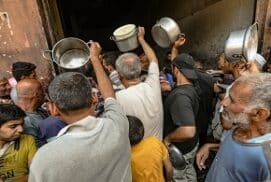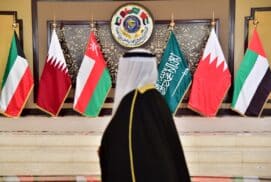Pegah Zohouri 6 November 2025
Over the past two years, Iran has suffered the most significant blows to its deterrence capacity since the founding of the Islamic Republic, losing much of the regional influence it once wielded through loyal proxies in Iraq, Syria, Lebanon, and even Yemen. Once able to mobilize allied forces across the Middle East in pursuit of shared interests against Israel, Tehran now faces a drastically diminished strategic position. Following Hamas’s October 2023 attacks, Israel systematically targeted Iranian proxies—crippling Hamas in Gaza, weakening Hezbollah in Lebanon, and, with the collapse of Bashar Al-Assad’s regime in December 2024, depriving Iran of its crucial Syrian ally. Subsequent Israeli strikes deep into Iranian territory further exposed Tehran’s intelligence failures, limited military reach, and diplomatic isolation. Yet the current retrenchment of Iran and its allies does not signify collapse; rather, it represents a phase of strategic recalibration within an evolving regional order characterized by multi-alignment and shifting power centers.











